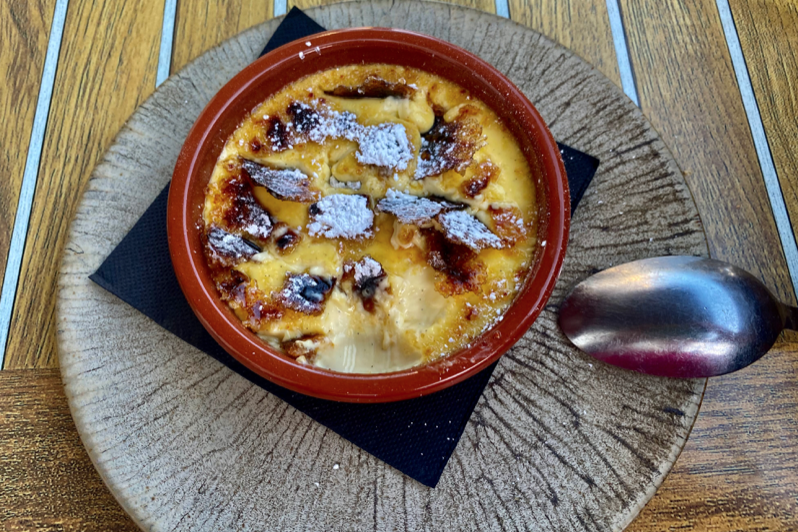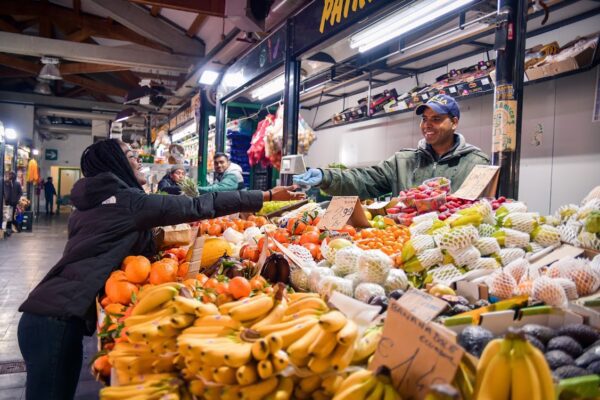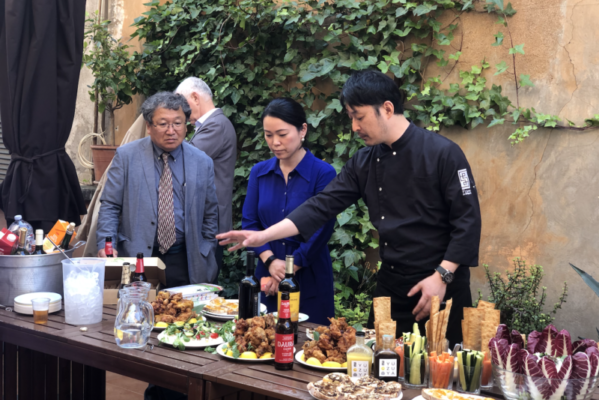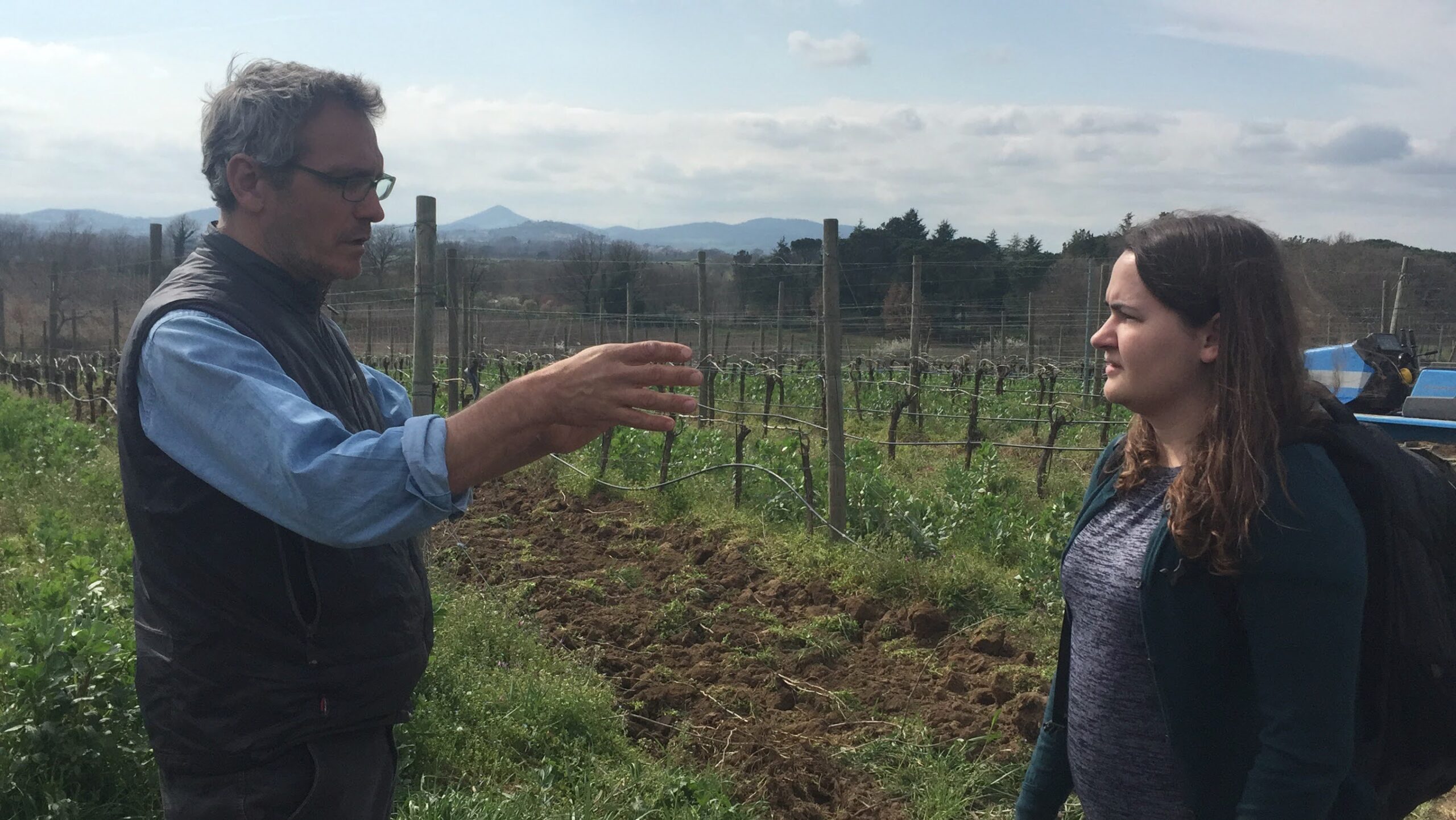
[GLI] GUSTOLAB
Food Systems and Sustainability
“Good food should be a right, not a privilege.”
The GUSTOLAB FOOD SYSTEMS & SUSTAINABILITY (GLI) cluster investigates fields which simultaneously involve the physical place (which produces food), the people and cities (which consume the food) and the technology (used in its production, processing and distribution). We also address international laws and regulations and the cross-pollination between numerous and diverse cultures.
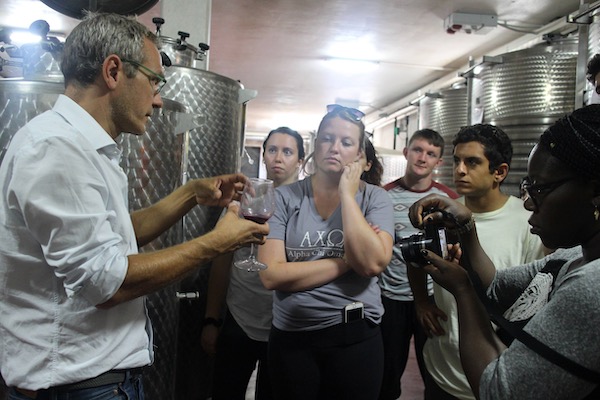
TWO DECADES IN FOOD STUDIES
Since our first program in Food and Culture in Italy was launched in 2005 this field of study has increased in importance and become fundamentally interdisciplinary. Our food studies abroad programs are flourishing more than ever as a response to Sustainable Development Goals, specifically SDG 2 (Zero Hunger) and SDG 3 (Good Health and Well-being).
Courses from the Catalog
- GLI 201 Italian Food & Culture
- GLI 202 Nutrition in the Mediterranean World
- GLI 299 Food Production: Olive Oil, Wine
- GLI 401 Critical Studies on Food: from Production to Waste
- INT 101 Academic Internship
Some of our Field Learning Activities
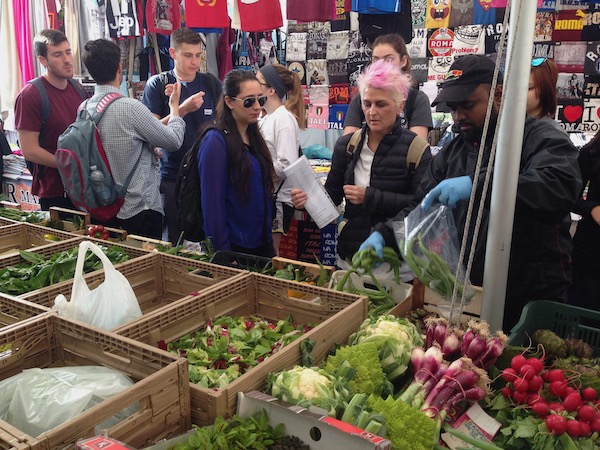
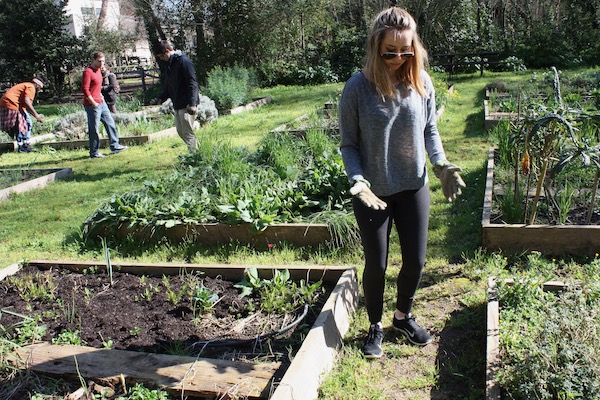
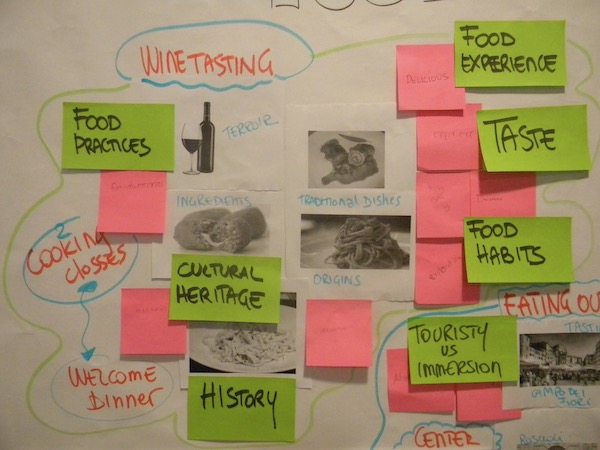
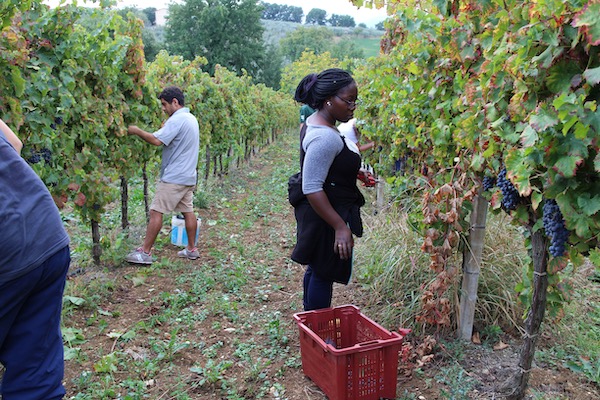
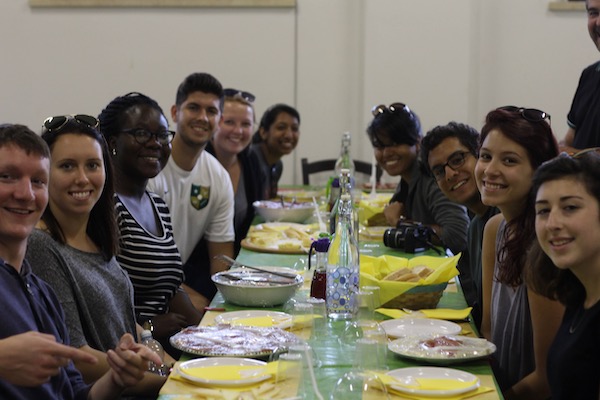
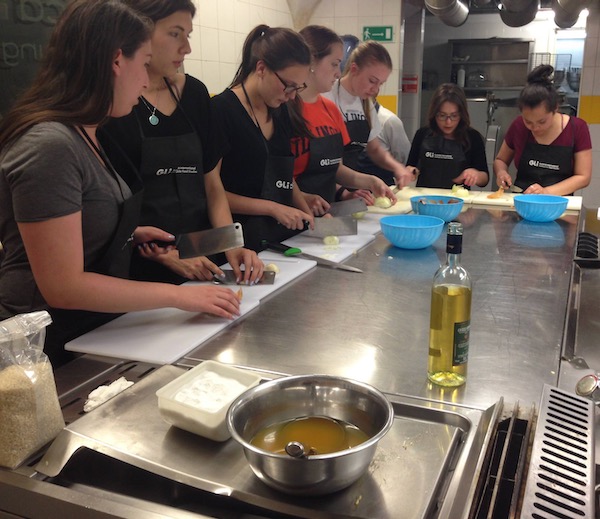
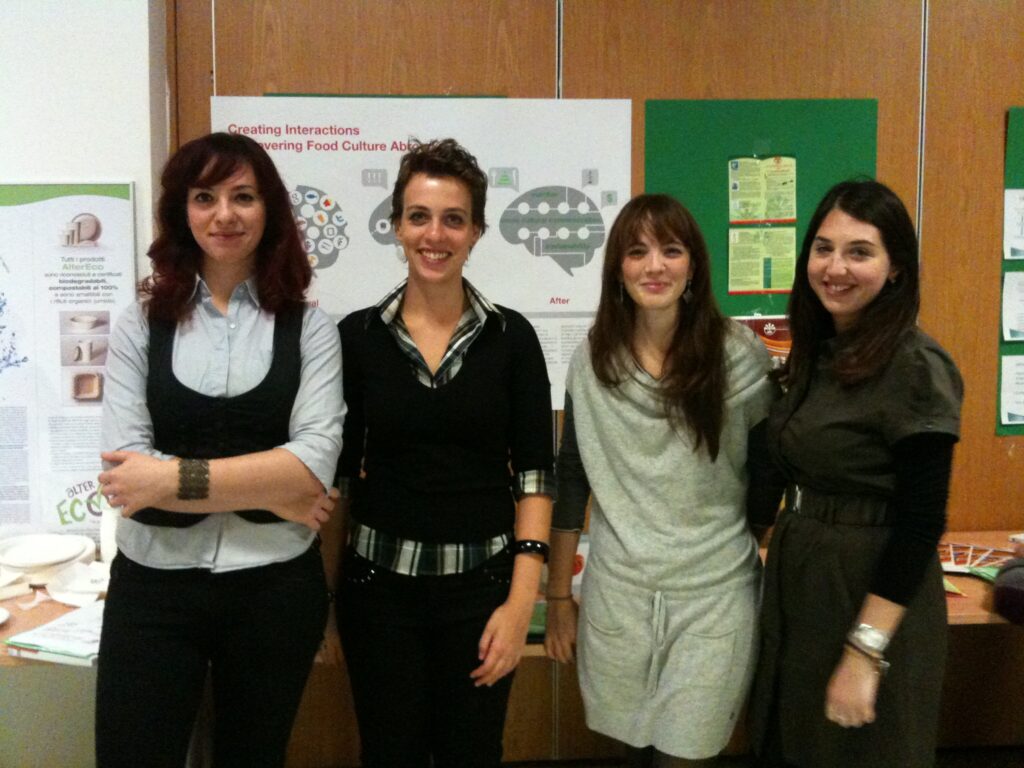

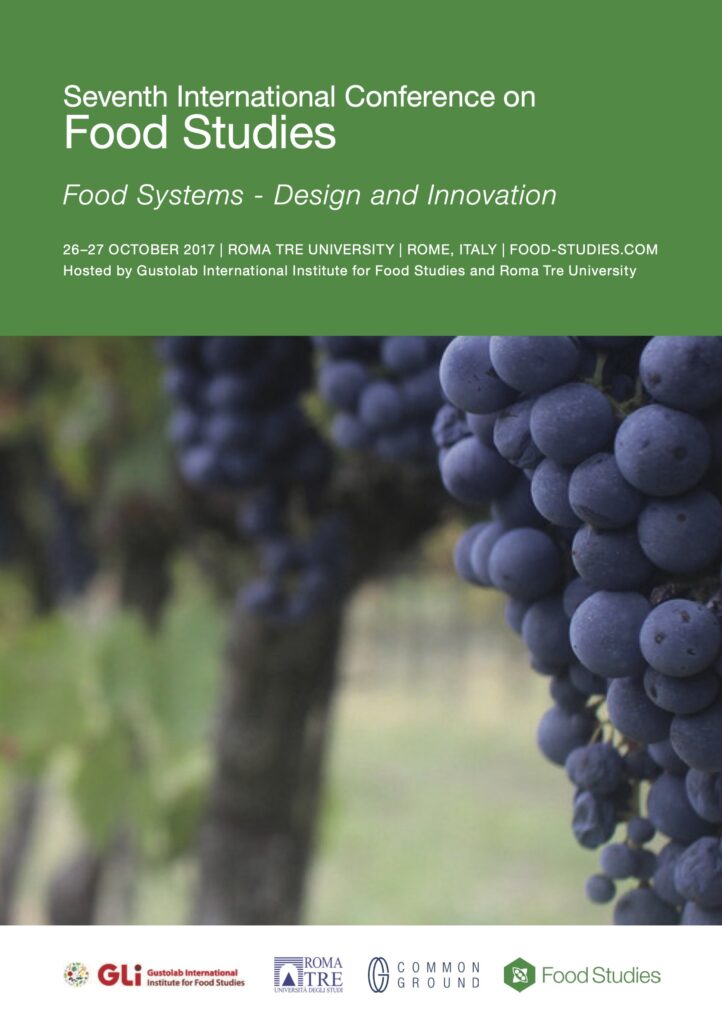
Gustolab International was glad to give its scientific contribution and support the creation of the 7th International Conference on Food Studies in Italy.
A special thanks to Roma Tre University, Department of Business Studies and the School of Economics and Business for providing the space to host this important meeting. Among the various Italian universities, Roma Tre has always shown a tendency towards multidisciplinary research, with a particular focus on sustainability. Through the new graduate degree in Innovation and Sustainability and the degree program in Gastronomic Sciences and Cultures, Roma Tre wants to contribute to the discussion on food systems. With its productive system and traditions of choosing and consuming food products in an informed way, Italy assumes a natural leadership position in the area of the agri-food sector.
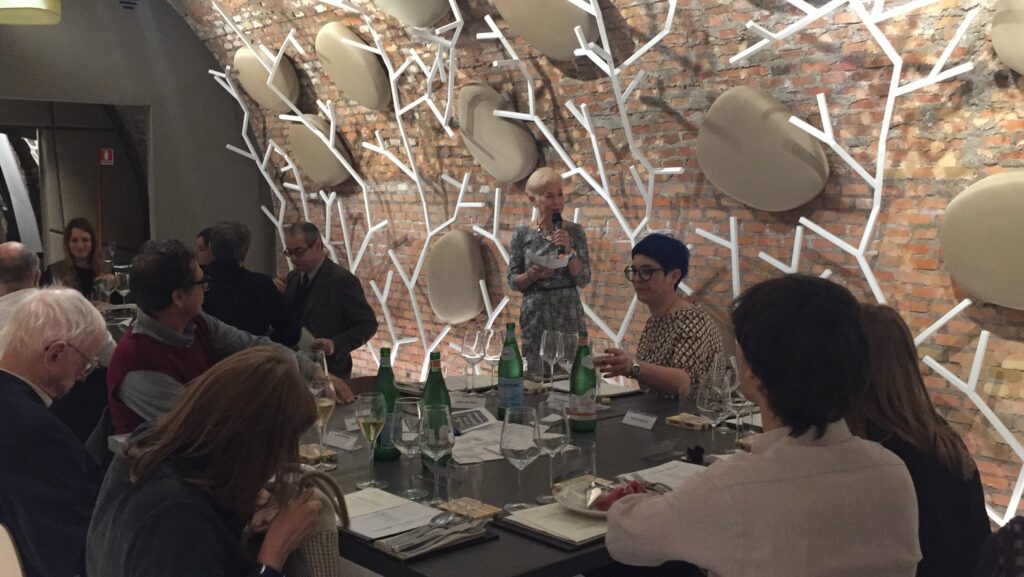
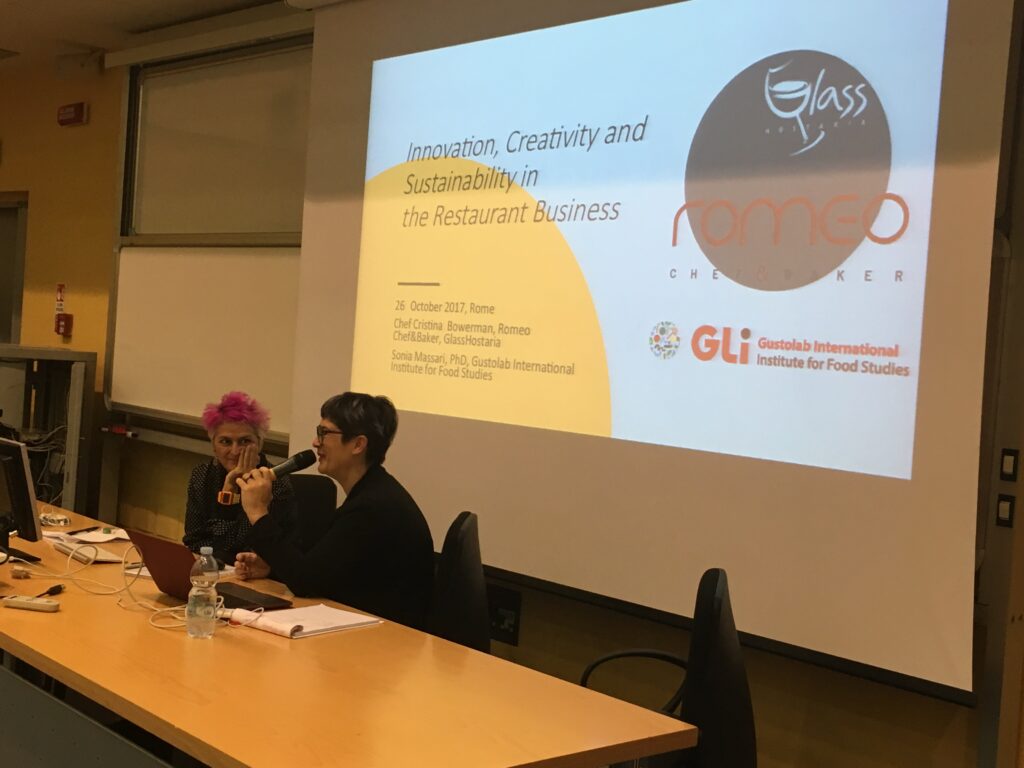
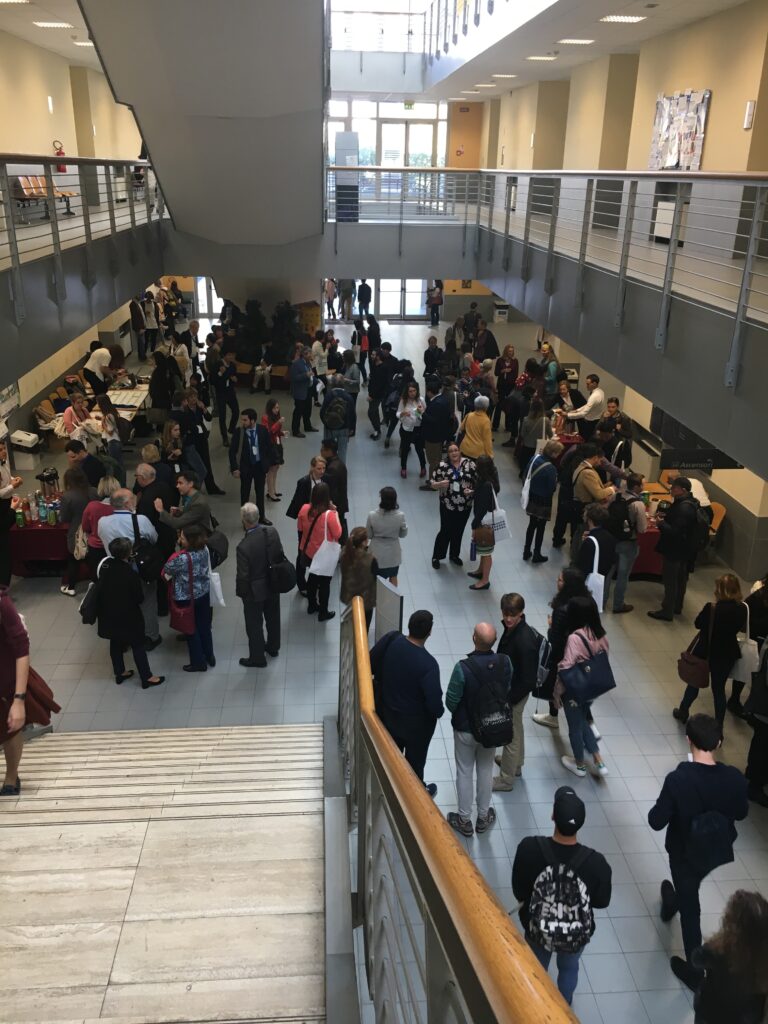
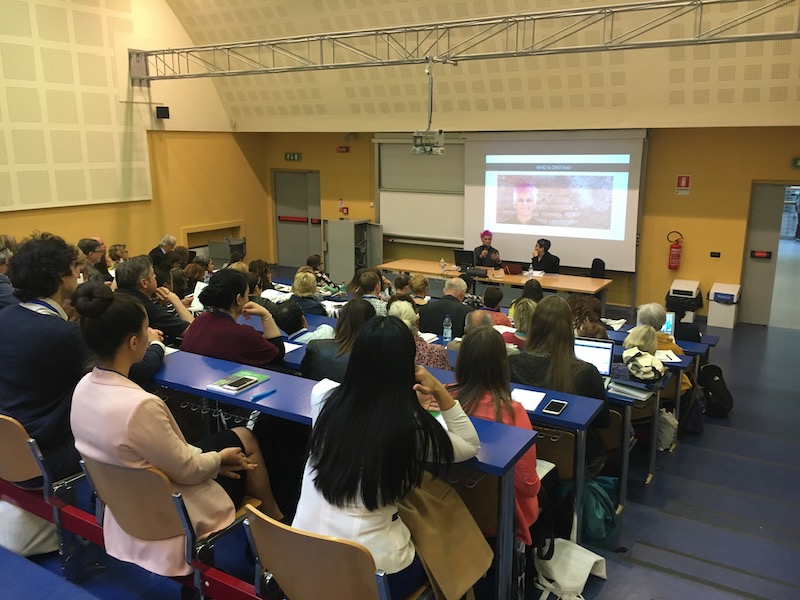
Learn about Gustolab
This short video shows some key objectives of our first academic cluster
SERVICE LEARNING AND INTERNSHIPS in Food Studies and Agriculture
Students may take part in workshops and field experience involving urban agriculture, food aid, environmental policy and community service. Our internships are curricular, followed closely by our faculty who coordinate public symposia and publications.
Students interested in enrolling in an academic internship while abroad will receive individual advising as our staff works to find the best customized internship placements for our students. As part of Gustolab, you could have the chance to intern with an organic farm and historical initiative of sustainable urban agriculture. This community partner has been active in Rome since the 1970s and began as a project to recover abandoned public lands and to actively promote sustainable and alternative ways of living and active citizenship.
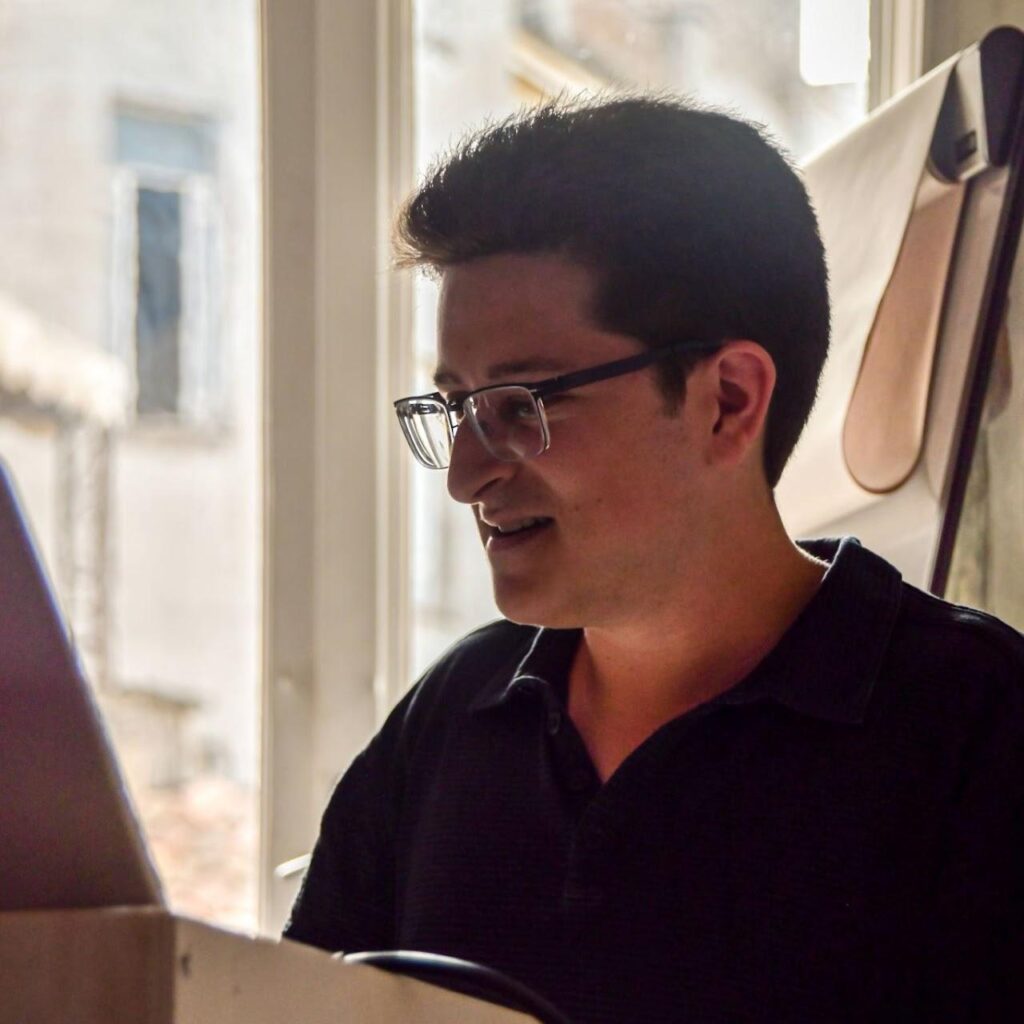
At this internship, I learned a lot about what goes into good website design, and how websites guide their users to the right pages. Because of my university background researching policy, my job was usually to research how a client’s industry operates in Italy, what the client’s target market or funding source is, or how other companies use or produce the client’s product. My first project was to research the funding sources and regulations of a social cooperative specializing in agricultural techniques and environmental education. My second project instead involved researching the industry-standards, target demographics, and regulations of green printing and green website design companies. It truly was a great opportunity.”
–Spencer, rising senior studying Brain and Cognitive Science and Political Science
Meet Food Studies Coordinator Elizabeth Simari
Elizabeth Simari holds an MA in Italian Literature from Middlebury College in Florence (2010). At Middlebury, she studied the intersection of Italian literature and food history. From 2010-2016, she worked as a journalist, translator, and graphic designer for the English edition of the Vatican newspaper, L’Osservatore Romano. In 2013, she earned a sommelier certificate from the Italian Sommelier Association and began developing courses on wine for university students in Rome. She has taught the JFRC’s Summer Fusion course “Discovering Italy: Food, Wine & Photography of Rome and Abruzzo” for four summers. She gives private wine tastings and food tours around Rome and has worked as a translator for Mark Bittman and as a food writer for The New York Times. Most recently, she researched Nancy Pelosi’s Italian heritage for the forthcoming book Madam Speaker by Susan Page, USA Today’s Washington Bureau Chief. She also teaches at Gustolab International Food Systems and Sustainability.

GLI NEWS
-
3 Weeks, 3 Countries, 3 Food Culture Conferences
At Borromini Institute, our Gustolab academic cluster is a hive-mind constantly buzzing with exchanges of ideas and knowledge surrounding sustainable food systems, food culture, food history, and of course flavor and taste! Yes, we even look for it in the hotel breakfast bar. Along with being a Development Coordinator and instructor for Borromini Institute, I…
-
Dining Like a Local
As part of our orientation programming for arriving students, the Borromini Center shares resource and recommendation lists for a wide range of activities. Adjusting to a new place can take time, and it’s our hope that by sharing this information with our students from the get-go that they are able to more smoothly and seamlessly…
-
Fermentation in Italy & Japan: Tradition and Innovation
Fermentation in Italy & Japan: Tradition and InnovationA Symposium/ Reports from the Field, Rome, Italy In 2023 Gustolab teamed up with the Japan Food Studies College to present a symposium on Fermentation at the Borromini Center. We were thrilled to be joined by Japanese and Italian experts in the field and share the results with…
Sign Up for Our Newsletter
Fill out the form below to receive our quarterly newsletter.




